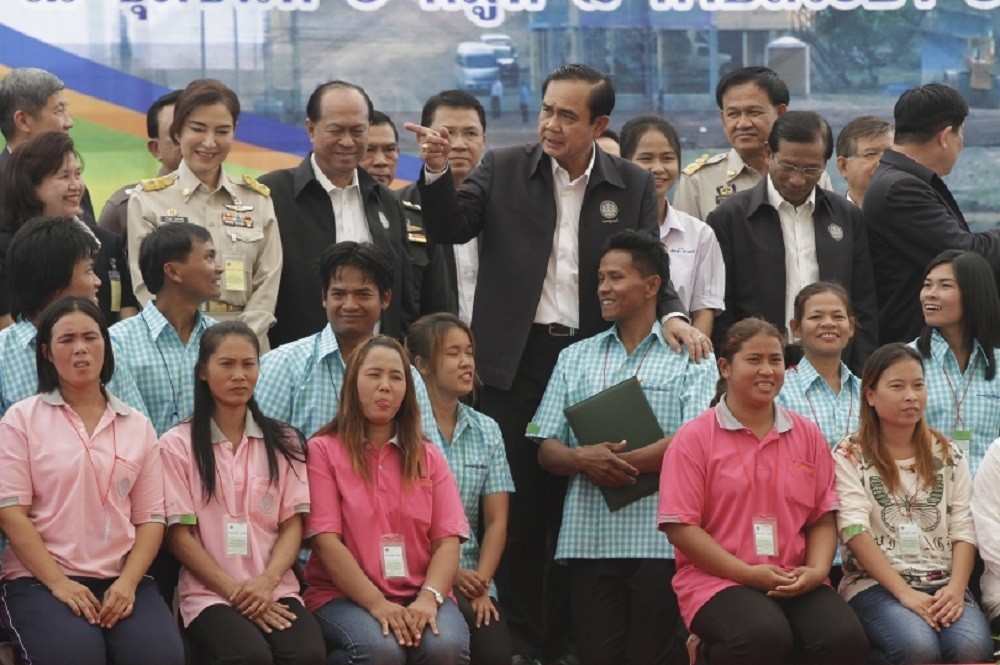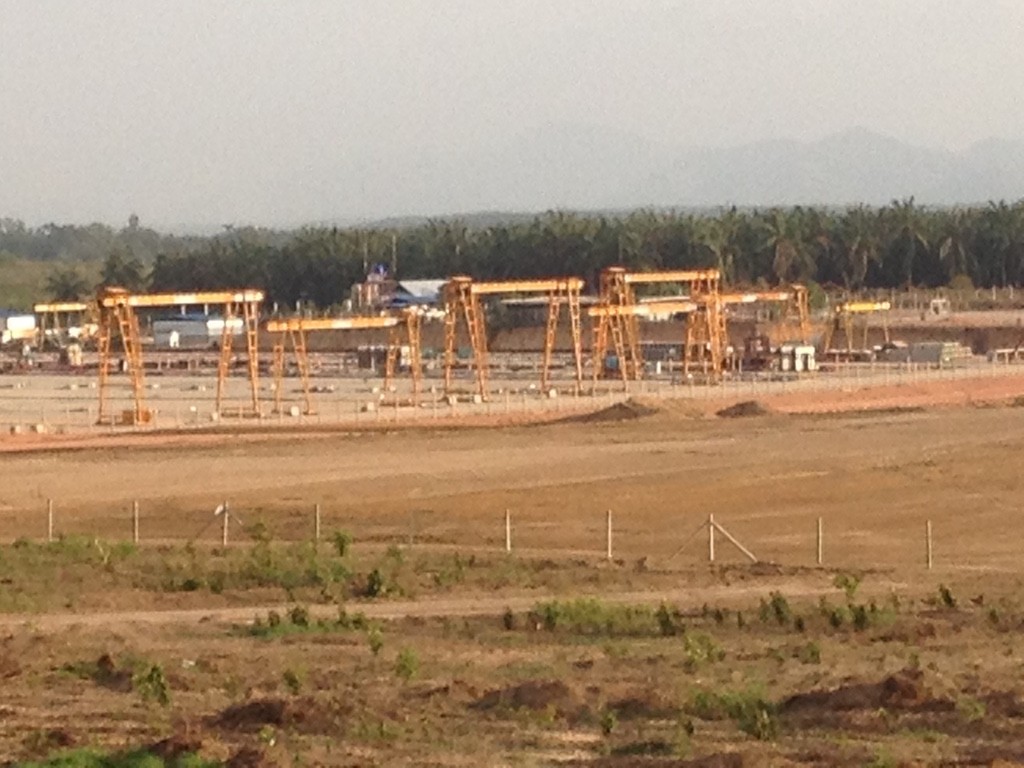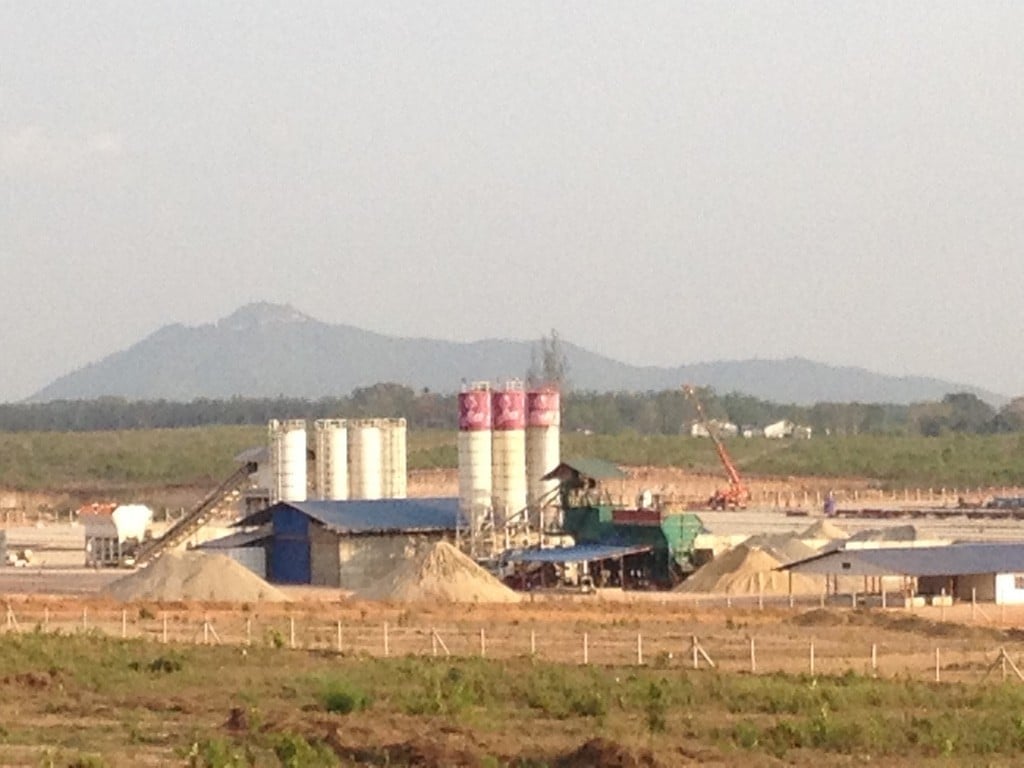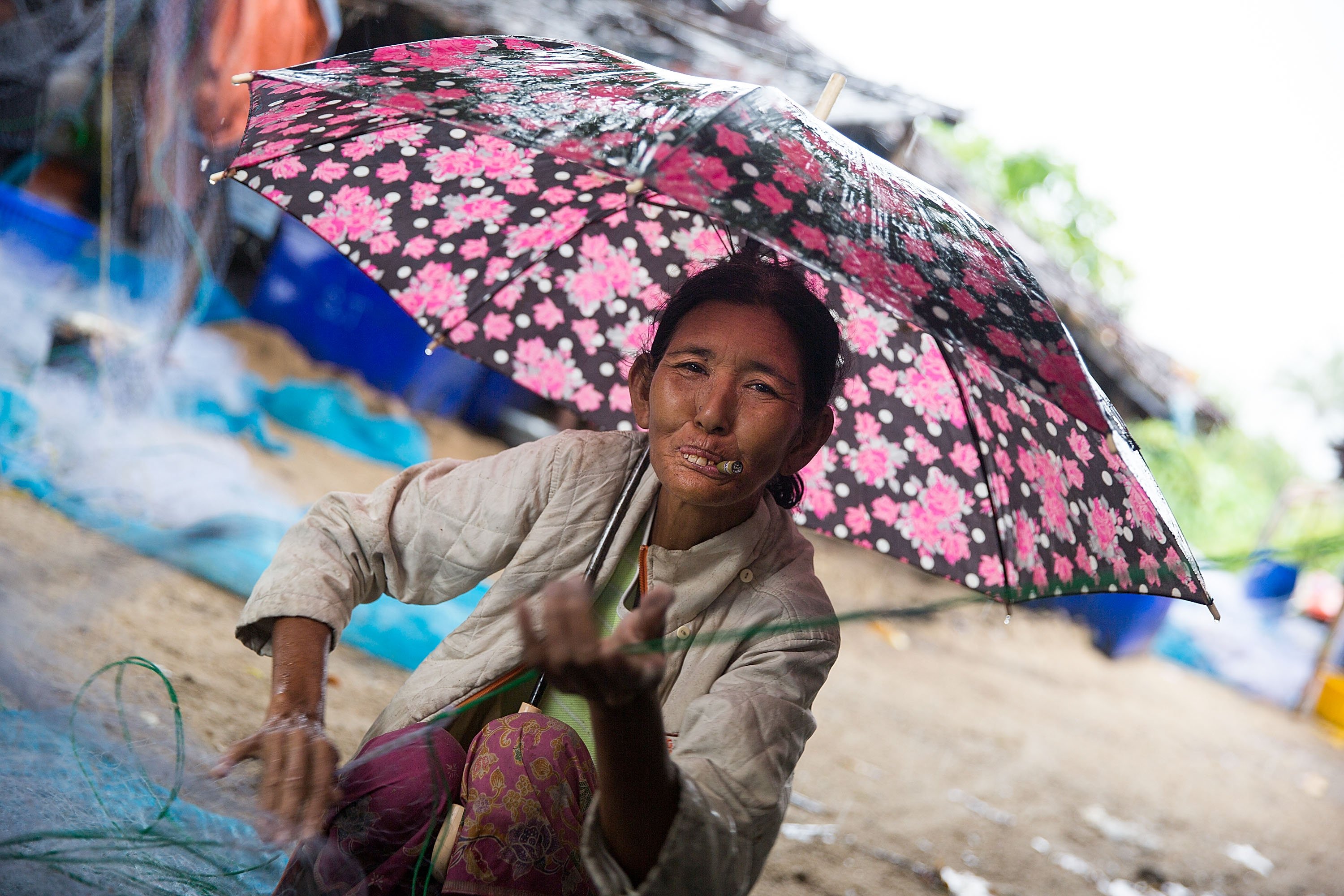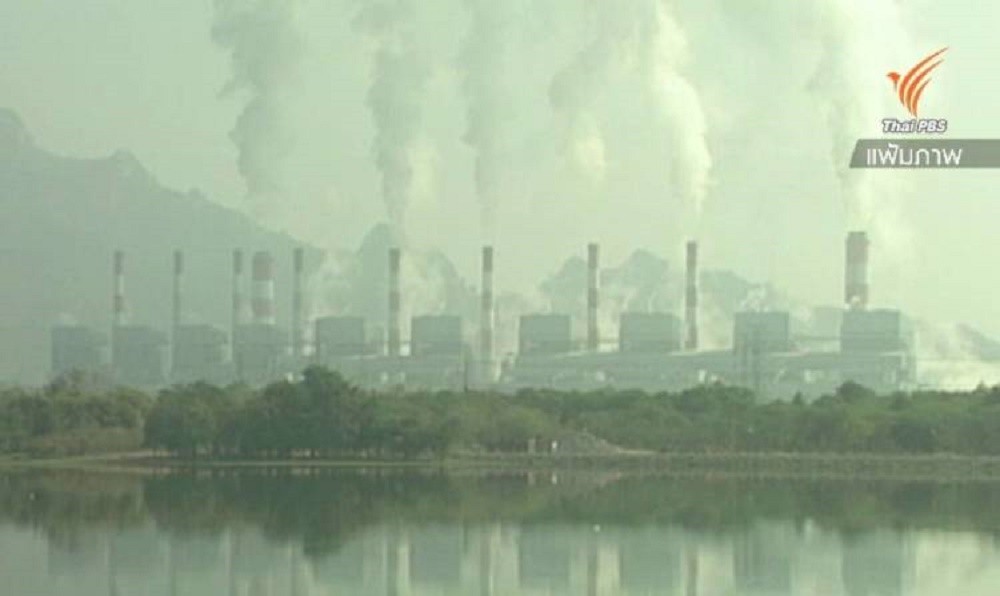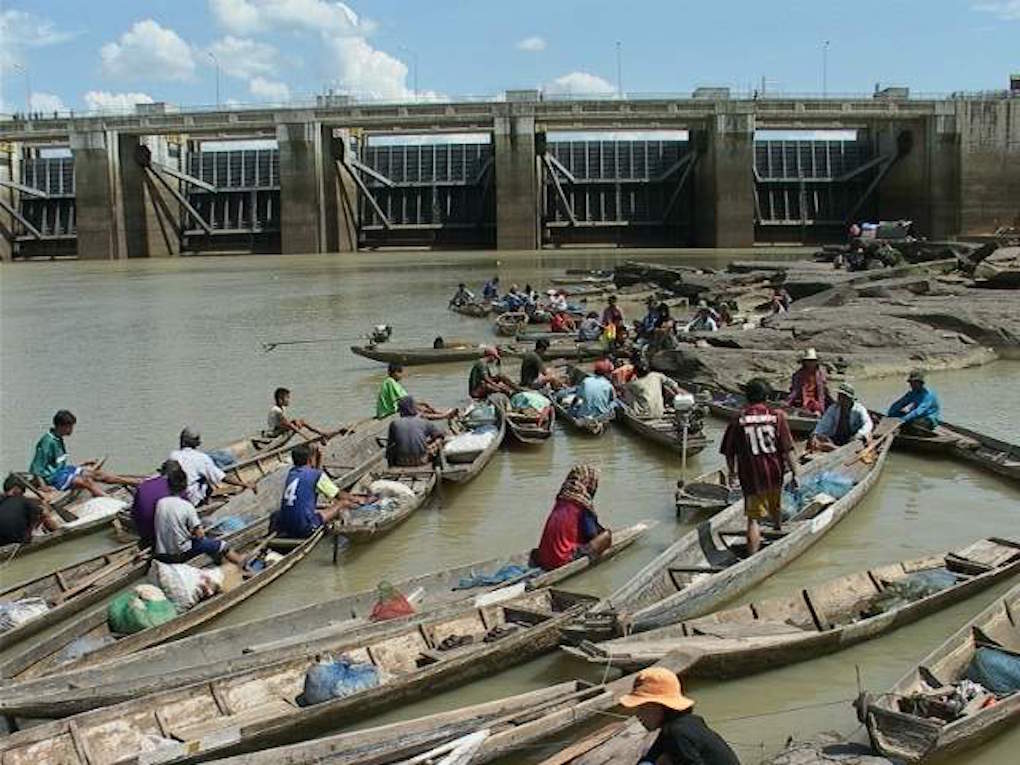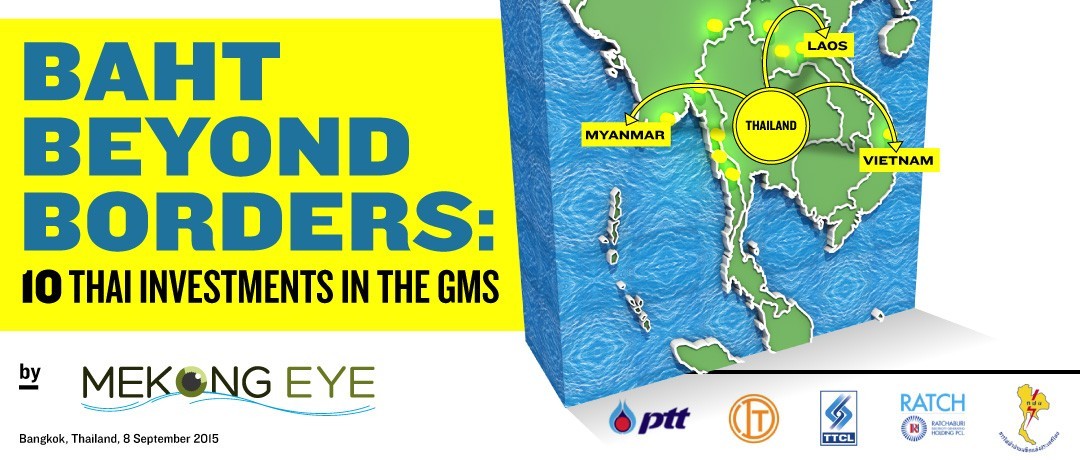Thailand Prime Minister urged to reconsider building the Mae Wong Dam — and lease land to local people to dig reservoirs to fight the serious drought. It is estimated that water in Ubonrat Dam in Khon Kaen province will last for only another 40 days, The irrigation chief says dam would help thousands.
Category: Thailand
Chinese firms seek part in Dawei SEZ
ITALIAN-THAI Development (ITD) is forming a consortium with Chinese companies to pour investment into new infrastructure projects in Dawei Special Economic Zone (DSEZ), as land lease in the initial phase kicks off.
According to Somjetn Tinnapong, managing director of Myanmar Industrial Estate (MIE) – an ITD subsidiary responsible for the development of the 27-square kilometre initial phase – the consortium will consist of private and state-owned Chinese companies. Their focus will be on the 132-kilometre, four-lane road, which will require an investment of Bt13.5 billion and three ports that will cost US$400 million (Bt14 billion).
‘Economic Growth Is Not the Best Way to Solve Economic Problems’: Policy Advocate
A public seminar entitled “Myanmar’s Special Economic Zones (SEZs): Opportunities or Threats to Local Communities” attracted regional development specialists to Rangoon this week, including Penchom Saetang, Director of Ecological Alert and Recovery Thailand (EARTH).
In her work as a community and policy advocate, Saetang fights for corporate and government accountability concerning health and environmental problems from industrial pollution.
As Burma is developing three SEZs in Arakan State and Rangoon and Tenasserim divisions, respectively, problems have been highlighted concerning land confiscation, a lack of public consultation and forced relocation.
The Irrawaddy’s Yen Snaing spoke with Saetang about Thailand’s experience promoting industrialization, and what experiences Burma might be able to draw upon from its neighbor.
Dawei road start faces delays
Construction of a road linking the Dawei deep-sea port in Myanmar with Kanchanaburi will be delayed after Japan determined that 15-degree inclines along seven stretches of the road would be unsafe for lorries.
Transport Minister Arkhom Termpittayapaisith said on Friday construction of the 138km road from the Dawei deep-sea port to Ban Phu Nam Ron in Kanchanaburi must be postponed.
The project was due to start in March.
The delay comes following an inspection by the Japan International Cooperation Agency (Jica).
Dawei SEZ project sparks hopes and worries
At present, there is only a wide road and vast fields but the area will soon be a flourishing major economic hub for neighbouring countries including Thailand and Myanmar. It is the site of the Dawei deep-sea port, the largest in the country, with a project area spanning thousands of square kilometres.
Legal officers discuss environmental issues and court to punish offenders
Environmental problems have been escalating and impacting people at large, resulting in both private and public litigations. While the environmental justice process involves government sectors that could delay the trial process, making solving of environmental problems too difficult to heal.
Mekong ‘gravity’ study under fire
A feasibility study on a proposal to build a tunnel diverting water from the Mekong River to the drought-stricken Northeast region will be wrapped up by year-end and will determine whether the multi-billion baht project is economically viable, a senior irrigation official says.
Somkiat Prajamwong, director of the Project Management Office, Department of Royal Irrigation, said the study on the Mekong-Loei-Chi-Mun project, which will manage and divert water from the Mekong to the Chi and the Mun rivers, will also focus on the technical and engineering aspects to make sure water can be diverted to the destinations using only the principle of gravity.
Pak Moon dam still a dilemma 25 years on
When dam proponents came to her house almost three decades ago and made promises that Pak Moon dam would bring prosperity and progress to surrounding villages, Lamphai Khamlap was immediately suspicious.
Today, her concerns are being realised. The dam which was completed in 1994 on the Moon River, a tributary of the Mekong River, has had a severe impact on the livelihood of the villagers in Ubon Ratchathani.
“Hell” was the terse response of Mrs Lamphai, now 59, when asked what the Pak Moon dam meant to her. Her harsh indictment was echoed by many others.
Eye On: Baht Beyond Borders
With public opposition to major infrastructure projects a growing concern, and willing partners in neighboring countries eager to pick of the slack, Thailand’s industrialists are fanning out in all directions. Energy projects dominate the mix, including coal, gas and hydropower. As a result, it’s the Electricity Generating Authority of Thailand driving much of the activity.
Charter writers agree to spell out community rights
The Constitution Drafting Committee has agreed to spell out in the new draft communities’ right to sue state agencies and the requirement for environmental and health impact assessments for all large projects following numerous complaints.
The move came after people in the provinces, environmental activists and academics had criticised the omissions of community rights provisions present in Section of 67 of the 2007 charter.
Charter writers explained earlier they had taken a different approach to protecting the rights. Instead of putting them in the Rights and Liberties chapter like in the previous constitution, they included them by implication in the State Duties chapter. While they claimed the effects were the same, activists and communities were not comfortable with the change.


